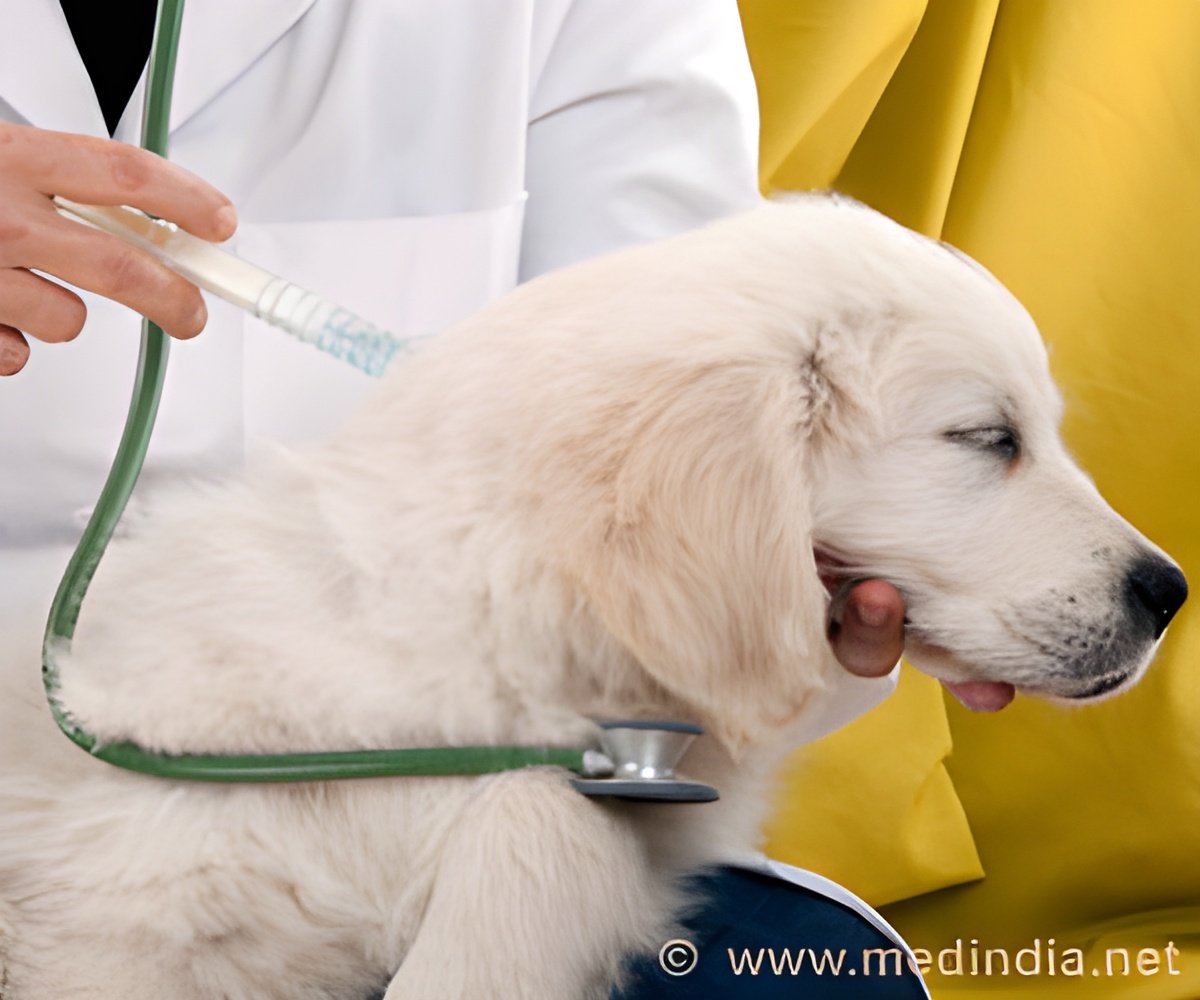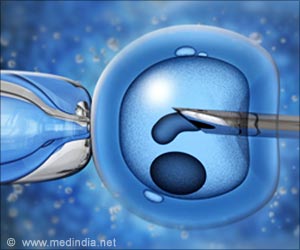Five proven breeder male dogs (two Labrador, one beagle, and two cocker spaniels) were used as semen donors, where they gave birth to seven healthy puppies.

‘Development of IVF enables modern genetic approaches to be applied more efficiently in dogs and for gamete rescue to conserve endangered canid species.’





But the technique was very tiring for the researchers as they faced several challenges during this process. The first challenge was collecting the mature eggs from the female oviduct. The second was to prepare similar fertilization conditions in the lab and the third was freezing of the embryos.Dogs reproduce only once or twice a year and therefore magnesium was added to the sperm’s storage medium. They also found that IVF works best when the eggs reached maturity on the sixth day.
“The seven healthy puppies born as a result of this work represent hope for their endangered counterparts. At SCBI, we collect and freeze ovarian tissue and sperm when genetically valuable individuals die. Now we are one step closer to applying in vitro technologies to endangered canids, which should ensure their survival even while the populations continue to decline in the wild,” noted study co-author Nucharin Songsasen.
Reference: Jennifer B. Nagashima, Skylar R. Sylvester et al. Live Births from Domestic Dog (Canis familiaris) Embryos Produced by In Vitro Fertilization, PLOS ONE, December 9, 2015, DOI: 10.1371/journal.pone.0143930
Source-Medindia












